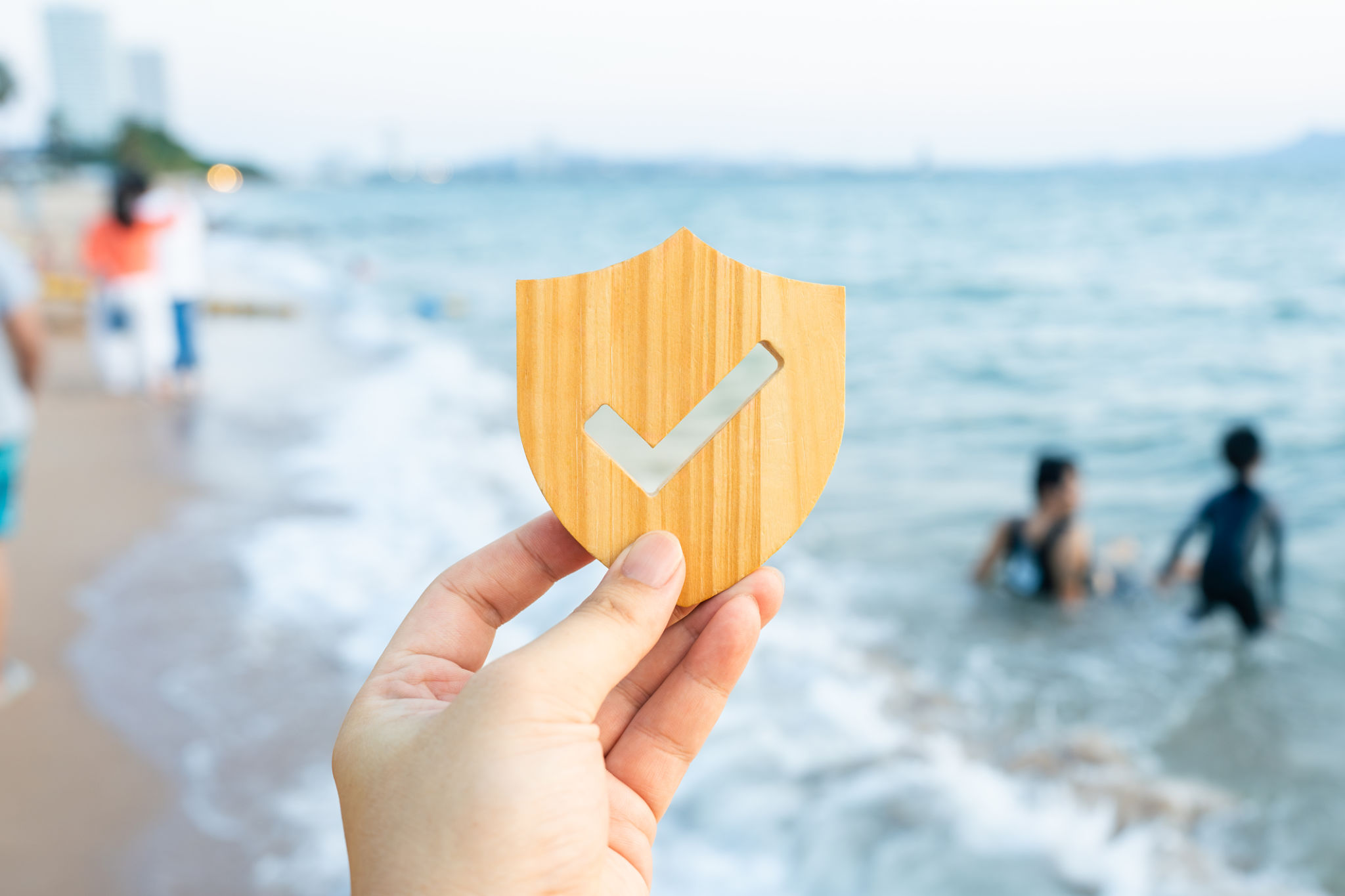Holiday Travel Cyber Safety Tips for Executives: Protecting Your Data Abroad
As the holiday season approaches, many executives find themselves traveling abroad for both business and leisure. While enjoying the festivities, it's crucial to remain vigilant about cyber safety. Protecting your data while overseas is more important than ever, given the rise in cyber threats targeting travelers.

Understand the Risks
When traveling abroad, you may encounter different cybersecurity environments. Public Wi-Fi networks, for instance, are often unsecured and can be a hotspot for hackers. It's essential to recognize these vulnerabilities and take proactive measures to safeguard your information.
Another risk is the physical theft of devices. Laptops, smartphones, and tablets are prime targets for thieves, especially in crowded areas. Always keep your devices in sight and consider using anti-theft software or hardware.
Secure Your Devices
Before embarking on your journey, ensure all your devices are updated with the latest security patches. Enable strong passwords and two-factor authentication to add an extra layer of security. Additionally, encrypt sensitive data to protect it from unauthorized access.

Consider using a Virtual Private Network (VPN) when accessing the internet. A VPN encrypts your internet connection, making it much harder for cybercriminals to intercept your data. This is especially important when using public Wi-Fi networks, which are often unsecured.
Be Wary of Public Wi-Fi
Public Wi-Fi networks can be a convenient way to stay connected while traveling, but they come with significant risks. Cybercriminals can easily intercept data transmitted over these networks. Avoid accessing sensitive accounts or conducting financial transactions over public Wi-Fi.

If you must use public Wi-Fi, consider connecting through a VPN. Alternatively, use your mobile data or a personal hotspot for a more secure connection. Always disable automatic connections to unknown networks to prevent accidental connections to rogue hotspots.
Protect Your Online Accounts
To further protect your online accounts, consider enabling alerts for any suspicious activities. This can help you quickly identify and respond to potential breaches. Regularly update passwords and avoid using the same password across multiple accounts.
Be cautious of phishing attempts, especially while traveling. Cybercriminals often use travel-related scams to trick users into revealing personal information. Always verify the source before clicking on any links or downloading attachments.
Backup and Recovery
Before leaving, back up your important data to a secure cloud service or external hard drive. This ensures that even if your devices are lost or stolen, you won't lose critical information. Familiarize yourself with recovery procedures for all your devices.
By taking these precautions, executives can enjoy their holiday travels with peace of mind, knowing their data is well-protected. Safe travels!